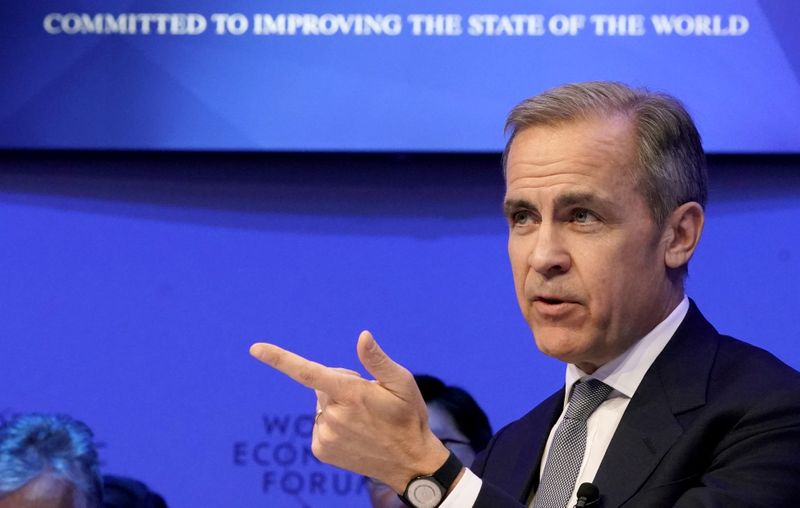
By Administrator_India
The Bank of England appears close to cutting interest rates for the first time in more than three years in Governor Mark Carney’s final policy vote on Thursday, the day before Britain leaves the European Union.
The British central bank will assess the economy’s near standstill in late 2019, against early signs that Prime Minister Boris Johnson’s emphatic victory in December’s election has boosted confidence, at least for now.
Financial markets priced in a 45% chance on Wednesday that the Monetary Policy Committee would cut Bank Rate to 0.5% from 0.75%. Economists polled by Reuters two weeks ago predicted a 6-3 vote to keep rates on hold.
With rates near zero, limiting the BoE’s options if there is a severe economic downturn, Carney said this month that there could be a case for a precautionary cut.
Unlike the U.S. Federal Reserve and the European Central Bank, the BoE did not loosen policy in 2019, when Britain’s economic prospects were clouded by Brexit uncertainty.
After Thursday’s announcement, future decisions will be guided by Andrew Bailey, currently chief executive of Britain’s Financial Conduct Authority, who succeeds Carney on March 16.
Lloyds Bank said its monthly poll of 1,200 companies showed the strongest business sentiment in more than a year.
The election result has brought short-term certainty in the form of an 11-month transition period that begins when Britain formally leaves the EU on Friday.


